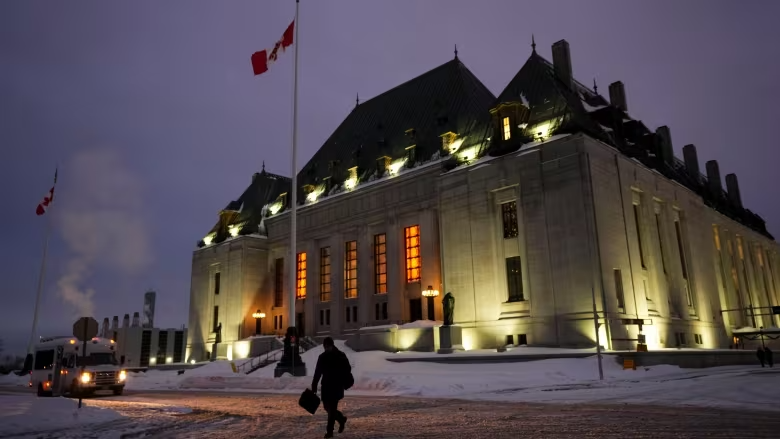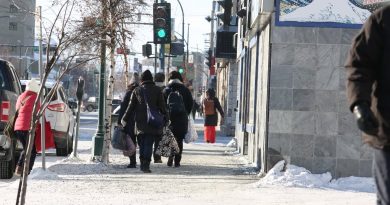Federal effort to appeal Indigenous class action against RCMP in the North dismissed

Lawsuit alleges an ‘epidemic’ of police assaults in Yukon, N.W.T. and Nunavut
A decision by the Supreme Court of Canada has cleared the way for a class-action lawsuit against the federal government for the behaviour of RCMP officers in the Yukon, N.W.T. and Nunavut.
The lawsuit, started by lead plaintiff Joe David Nasogaluak of Tuktoyaktuk, N.W.T., alleges Indigenous people are regularly assaulted by RCMP officers because of their racial origin, and the federal Crown has historically turned a blind eye.
It claims RCMP are responsible “for the epidemic of police assaults that take place in the Territories,” and that the federal Crown has been “systemically negligent” in funding, oversight, operation, supervision, control and support of RCMP detachments and officers.
On Friday, the Supreme Court of Canada dismissed a request from the Attorney General of Canada to appeal the class action.
Class action certified in June 2021
Nasogaluak claims he was assaulted by RCMP and subjected to racial slurs during an arrest when he was 15 years old. The class action seeks $500 million in damages and $100 million in punitive damages from the federal government.
Justice Glennys McVeigh certified the class action in June 2021, and the Federal Court of Appeal upheld that decision in May 2022, with some modifications to the scope of the class action.
Steven Cooper, one of the lawyers involved in the class action, said Friday that the Supreme Court’s decision is an important step in what is inevitably a long process.
“Now we litigate,” he said.
“As far as a timeline, it’s hard to tell, but class actions by their very nature tend to be measured in years, not months.”
Cooper said pursuing a class action allows the court to look beyond individual cases at larger issues in the RCMP, potentially leading to meaningful reform and behavioural change among officers.
“This isn’t about wrongful convictions. It isn’t about the whole justice system and all of the inequities and things like that. It’s about how the RCMP interact with the Indigenous population across the country,” he said.
“We’re hoping to be the spark. We’re hoping to be a factor in the ultimate reform of the RCMP, and welcome them into our century and our decade, away from the last century and the 1960s and 1970s, which is where it seems that this particular police force is stuck.”
Related stories from around the North:
Canada: Election Spotlight— Justice in Nunavik, Eye on the Arctic
Finland: Police response times up to an hour slower in Arctic Finland, Yle News
United States: Violence Against Women bill would expand power of up to 30 Alaska tribal courts, Alaska Public Media



